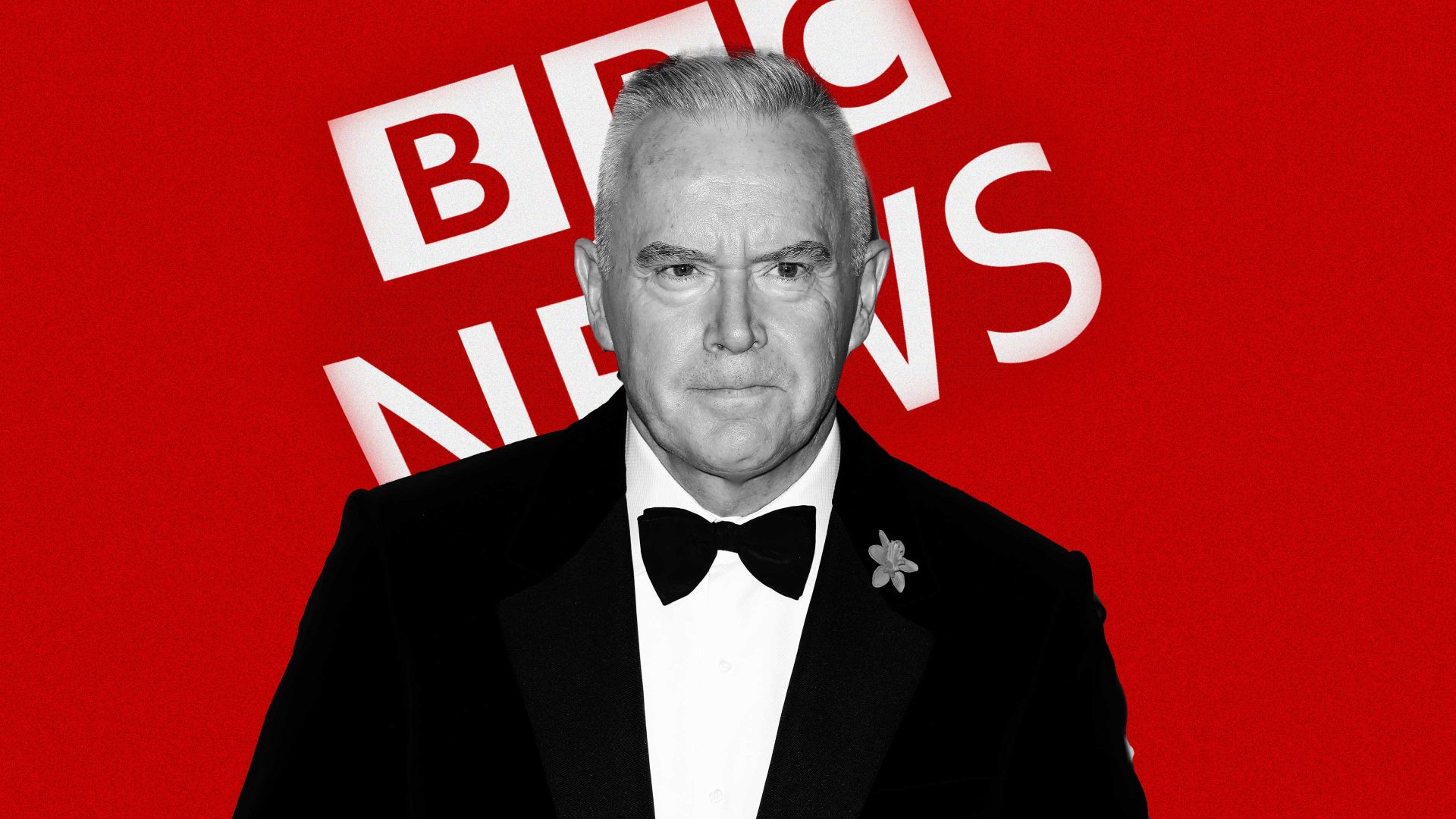The death of Milan Kundera made me think about exile. I don’t mean involuntary exile; or necessary exile. I’m thinking about the exile that can come with understanding. Exile as a response to the knowledge that something is over. That perhaps a new nation should be, must be sought.
A new place of domicile. Of self-definition.
Exile without nostalgia, without looking back. But not looking forward, either, not in a chirpy, optimistic kind of way. Exile as conclusion. As feeling.
I read Kundera voraciously like everyone else did in the 80s, like everyone had to in the 80s. Word had spread fast in the part of NYC that I lived in that a novelist had arrived who nailed the absurdity of life and therefore, in a sense, of love.
I was living in a New York City undergoing rapid change. More than those of us who lived there at the time knew. Or could imagine. Or wanted.
Yes, Kundera wrote from a certain point of male perspective, and, yes, that perspective seeped through my own writing and life for a time. I was shocked at how seamlessly that had all happened.
I even became what might be called “jaunty” after reading him. I also gazed at the ocean more often.
I went down to Battery Park from the Lower East Side, thinking of life on the other side, of that other world beyond that ocean. Maybe the UK. Maybe London. Maybe.
In Kundera’s novels, the Soviet Union is not only dangerous, but absurd. In the NYC that I lived in, the city also seemed to be becoming absurd as well as unlivable. The novel American Psycho, featuring Donald Trump as an icon, is a kind of record of this era. Of its feel.
In New York, those of us who lived in the abandoned warehouses; or in the ruins of once-fashionable houses carved up into flats and into unintentional “crack dens”, and then turned largely by us into art galleries and theatres and dance spaces; saw Uptown coming Downtown to take over.
Trouble is that if you move to NYC, it’s the end of the road for many. At least as far as the US is concerned.
I sensed back then that a change was coming over the Big Apple that would soon not make it possible for me to live there. Not make it possible to create theatre and live on the cheap and dream about New York City while living in the real, funky reality of it.
Example: Once I was part of an open mic performance. You never knew who was coming on after you. I spent my time at the mic ranting against the Beat Poets of the 50s.
Right behind me, unknown to me, was Allen Ginsberg, waiting his turn. Completely benign; oblivious to all but his own groove.
Back then, the poet and I could be in that part of New York City together, either living in it or being in the same space. And that New York City was coming to an end.
But there was no other place to go and still live in America. Los Angeles had no culture, plus you needed a car; Chicago was where I had been born and raised and educated, I wasn’t going to retrace my steps; DC is a corporate town, and anyway it’s southern and for a northerner that made it anathema. Another world, too.
The only way to go was eastward across the Atlantic to a country where it might be possible to write in my native tongue.
I had no thoughts about exile then. Exile is a negative term. It is, too, a description and an action.
The question – as I look at my expired US passport from day to day now: did I exile myself? Just to get out of Reagan America, what he called “the shining city on the hill”.
A friend asked me recently why I had not been at the July 4 celebrations at Winfield House, the US ambassador’s residence in Regent’s Park. The house, with the largest garden in London outside of Buckingham Palace, is also where the president stays while in town.
It was originally owned by Barbara Hutton, a “poor little rich girl”. She was the Woolworth heiress, worth a fortune. One of her seven husbands was Cary Grant. They were known as “Cash and Cary”.
James Baldwin, about whom I’m writing a book, called himself a “transatlantic traveller”. He died in France. Nina Simone was an exile and in exile. She died in France, too.
There are Brexit exiles, too, some in the part of France my husband knows well: the south. They want to stay connected to Europe, to a bigger world.
I have met expatriates in that part of France, but no Brexit exiles. Lower-key, I suspect. But they are there.
Most people never leave the country they were born in, or the town or city they were born in, either.
We live and we die in the same place, relatively speaking, so to live in another country voluntarily is a radical act. Makes you new, whether you like it or not. Makes you look at your native land in a new way. And not always pleasantly.
Watching the junior senator from Alabama, Tommy Tuberville, recently defend white supremacists live on national television – they were “just Americans” to him – made me realise that I am not an expat but an exile.
A self-exile. Maybe even a joyful one.
Tuberville eventually walked his comments back, admitting that white supremacy is racist, but you had to wonder what he thought of the African American guys who played on the college football teams that he successfully – some say legendarily – coached. The senator was born in 1954, in Arkansas, but that is no excuse in defining racists as “American”.
He’s also, as a member of a committee overseeing the military, holding up vital appointments because he thinks that, in a roundabout way, the Department of Defense is encouraging abortion. But he assured everyone that, after talking to a bunch of colonels, his actions were not dangerous.
Yet these appointments are the approval of people who are very like coaches. Somebody pointed that out to Tuberville. He didn’t get it.
Kundera wrote that: “The stupidity of people… having an answer to everything. The wisdom of the novel comes from having a question for everything.”
And maybe Kundera knew this from being an exile.




